Chess Improvement
It’s all in the mindset
Barry Hymer and Peter Wells
334 pages | Softback | Bibliography | Index | £15.99
Crown House Publishing, 2020
Carl Portman
This is not so much a review as a summary of my thoughts as a passionate chess fan, player, organiser and coach. My view is not sacrosanct but I like to think that I have seen enough chess books published over the last two centuries (wow!) to be able to comment objectively. I purchased this book and have no allegiance to the authors.
Countless books have been written about chess improvement but few are as ambitious as this one. The authors claim that it is suitable for any chess player (true), coach (true) or parent of a chess player (true). We apply our mindset to everything in life, not just a chessboard, so in that sense the book is of value to anyone.
The combination of a Grandmaster and a Professor is a rare one but pooling knowledge and resources in this way seems as logical as playing 1.e4. It works, and throughout the book I could sense the symbiosis. They write from their own (often painful) experience as players and teachers and draw on interviews with leading British players. It is the sort of book from which every reader can take their own nuggets of wisdom, and in his foreword Henrik Carlsen wishes it had been available twenty years ago when his kids were young. As much as one is reluctant to deface a book, using a highlighter pen and a pencil will help the reader absorb those invaluable insights.
Professor Barry Hymer and Grandmaster Peter Wells
Chess Improvement will best suit those who have a ‘growth’ rather than a ‘static’ mindset, that is to say people who are willing to confront losses (however agonising) and to learn from them. If you would rather keep playing weaker opponents so that you can boast how strong (yet deluded) you are, that’s absolutely fine, but if you are at least curious about improving your understanding of the game then this book is for you.
I would like to highlight four recommendations that left the biggest impression on me.
- Love the game
The authors focus on players who play for the sheer love of chess regardless of trinkets, trophies, certificates, money, grading and other prizes (intrinsic players), and those who play specifically for some or all of these rewards (extrinsic players). All that glitters is not gold, and I definitely belong to the former camp. Of course, everyone loves a bit of recognition and reward occasionally but if you let prizes be your master you will be a slave to chess. Focus on the money and the chess advantages will not necessarily follow; concentrate on the chess and your game will benefit, and maybe even your pocket too. We all know players who withdraw from a tournament after losing a game, and others who lose all their games yet relish each battle.
- Ignore the result
For me, this is the best line in the book:
‘The right psychological state with which to approach such games is not to be thinking of the result as the only outcome of the game.’
Think about that. In a world where invariably the first question we are asked after a game is ‘How did you get on?’ I challenge you to reply with something other than ‘I won/lost/drew’. Try it. What else can the outcome of a game deliver apart from the result? As the book shows, insights into strategy, tactics, key themes, time control and psychology are just some of the benefits.
- Forget the age gap
A subject close to my heart is age and decline in chess. I accept that in general humans become slower and weaker at many things as we age and the little grey cells dim, but let’s apply this trend to chess. Personally, I have held my own grade into the mid-150s to mid-160s ECF for many years, and I am now 1937 in the new-fangled November rating format. When I invest more concentrated effort in study, my game improves. Korchnoi, Short and Smyslov are good examples of longevity at the top but there are plenty of players in our amateur ranks who hold and even increase their grade into their fifties and sixties. Even if your results do not improve significantly why should your understanding of the game stand still? Progress will not come for free, but we reap what we sow. Be positive and cheerful and try to nurture the mindset that reward will (or should) follow effort.
- Avoid mistakes
This is fundamental to our chess, and indeed life, experiences. Whilst coaching juniors and prisoners (my chess in prisons work) I have always advised students not just to reflect on the mistake they made but to focus on what led to the mistake. The book speaks my language here. Getting out of the safari vehicle and being attacked by a lion was an obvious mistake but what led to you getting out of the car? Perhaps your mistake was ‘optimism’, so temper it next time!
Mistakes can range from poor clock management and weak pawn moves to speculative sacrifices, and these are especially common among juniors. As the authors comment: ‘It’s not the wrong move that we need to identify, it’s the reason it was played.’ Spot on.
Was there anything I did not like about the book? Well, there is one point, and happily it has nothing to do with content but more a material fact. The book is printed on good quality paper and the text and diagrams were fine for me, but I would have loved a hardback copy. It isn’t a show stopper and the softback is good value for money.
To conclude, there is a simple reason why I enjoyed this book so much: I could relate to it. A lot of it felt like me writing a letter to myself. I have only highlighted four aspects of the book that resonated with me but there is a huge amount of thought-provoking, well-researched information and advice contained within its pages. I fail to see how any aspiring chess player could not improve their game and their mindset by taking up just some of the ideas and suggestions in this book. If nothing else, it will teach you not to believe everything you think.
The authors have given us the tools for the job, so it is up to us to take up the challenge. Our biggest mistake might be not to own a copy of this important work.
The following extract gives an idea of the book’s flavour and shows how even world-class players can, in the words of Peter Wells, ‘have their vision clouded by a veil of familiarity’.
Sergey Karjakin – Levon Aronian
Tata Steel Masters, Wijk aan Zee, 2017
1 e4 e5 2 Nf3 Nc6 3 Bc4 Bc5 4 0–0 Nf6 5 d3 0–0 6 h3 d5 7 exd5 Nxd5 8 Re1 Be6 9 c3 Bb6 10 Bb3 f6??
There are numerous positions in the once neglected but now highly fashionable terrain of the quiet Italian game, in which Black frees himself by executing an early …d5 break and is content to soak up the pressure against his e-pawn which almost inevitably follows.
The key test of Black’s set-up in such cases is invariably White’s d3-c4 break and so it is natural that both players should principally devote their attention to the consequences of this. Seeing the position as a ‘type’, as an example of a familiar pattern, however, may close the mind to even such basic rules as ‘loose pieces should always serve as a trigger to check for tactics.’
11 d4??
Yes, somehow the familiarity of the pattern wins the day. In fact, the undefended bishop on e6 affords White the opportunity to net a piece with 11 c4! Nde7 12 c5! which will undoubtedly have given the spectators armed with their powerful engines an absolute field day.
11…Bf7 12 dxe5 Nxe5 13 Bxd5 Bxd5 14 Nxe5 fxe5 15 Be3 Bc6
With an interesting struggle ahead in which Black’s activity and bishop pair offer decent value for the weakness on e5, I am tempted, mischievously, to say that chances are well balanced but that whoever is the first to notice what has just occurred will need a very resilient mindset to maintain that balance!
Carl Portman is the author of Chess Behind Bars.

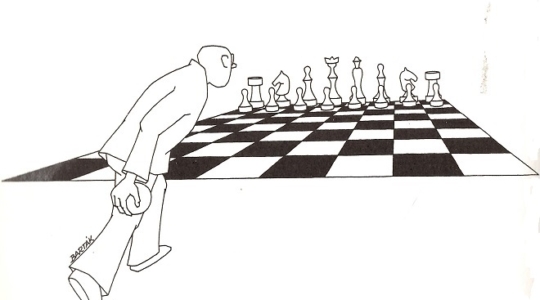
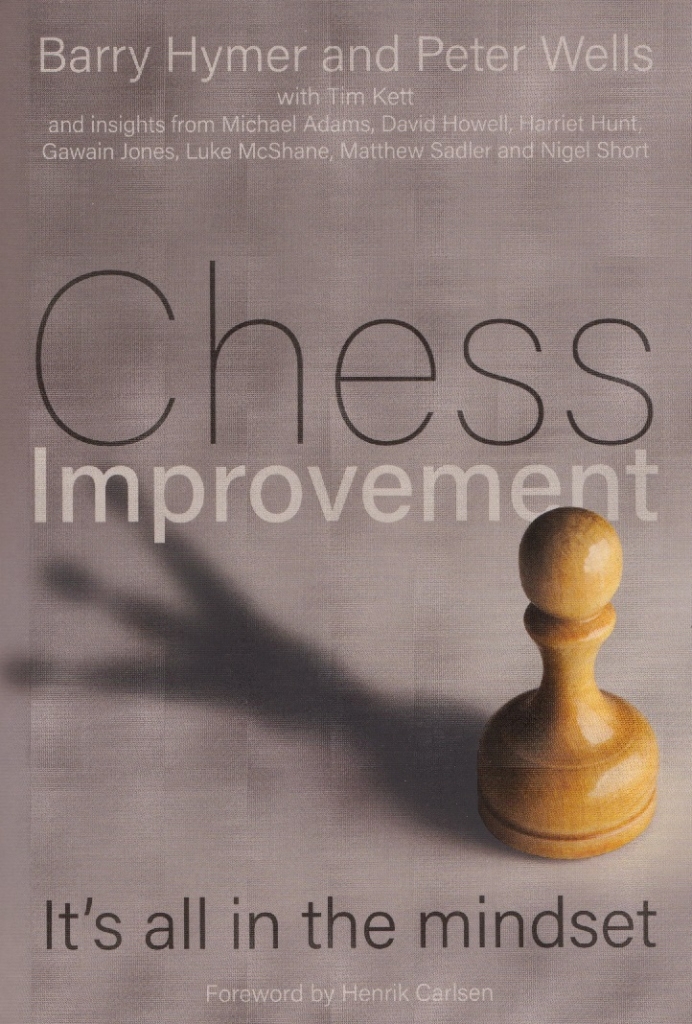

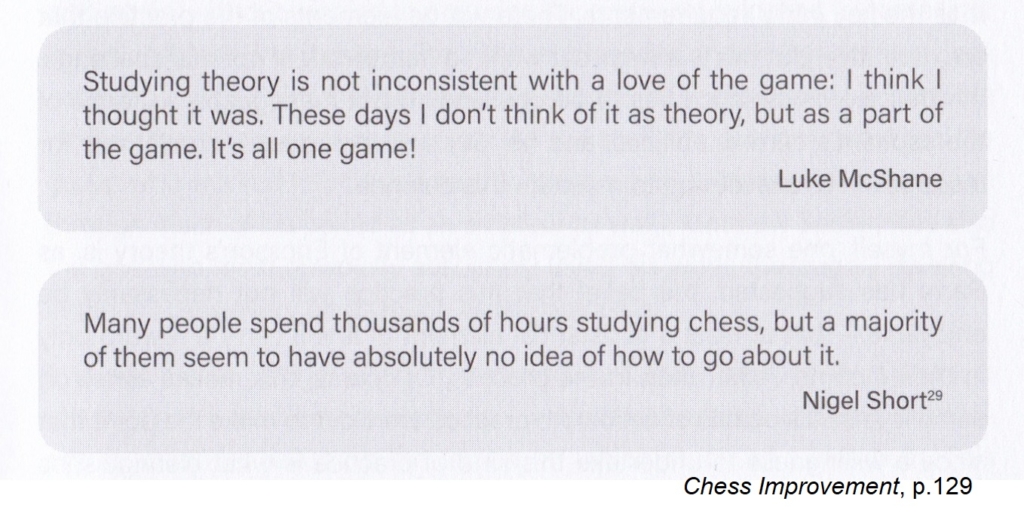
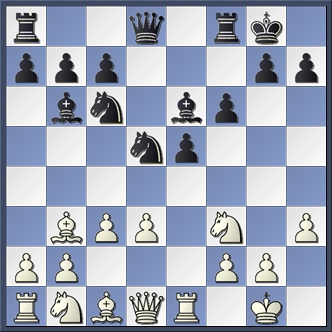


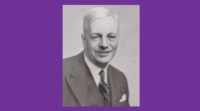


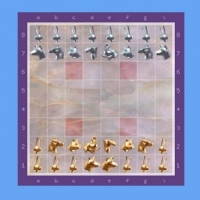

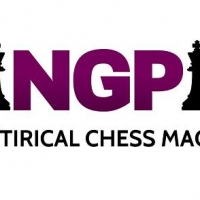

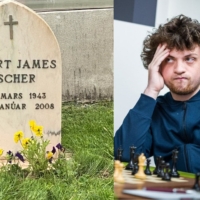
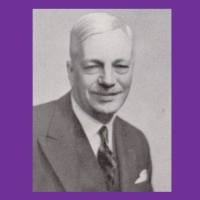

Looks like it’s worth a read. Although a patzer, I’ve never had the view that memorising openings and drilling tactics was all you needed for improvement.